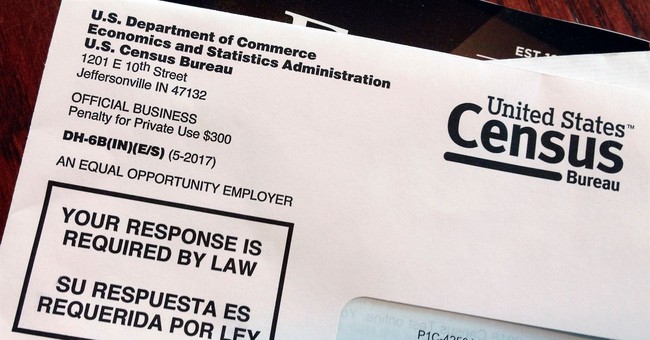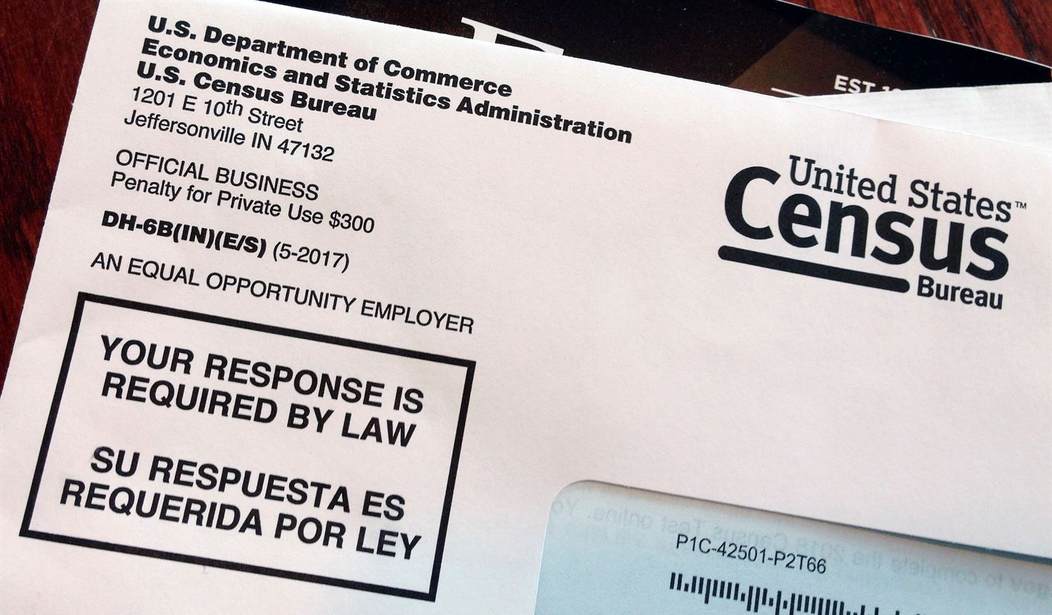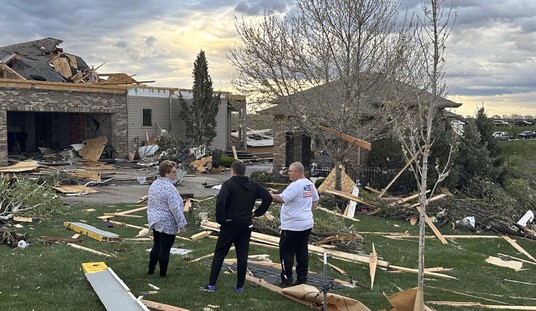
The Supreme Court issued a Stay on Tuesday of a lower court Order that the Census Bureau (CB) continue its Census Count beyond the date set forth by the CB in it’s “Replan” published on August 3, 2020. The effect of the ruling is to bring a halt to further “counting”, and allow the CB to begin working on the Final Report to the president as required by statute.
The CB had an original plan with a timeline for completing the final steps of the 2020 Census. Following the COVID-19 pandemic, the CB issued a “COVID Plan” that altered the dates in the timeline for the completion of certain tasks. On August 3, 2020, the CB issued a “Replan” — its third iteration for completing the final steps of the 2020 Census.
The “Original plan” contemplated 45 weeks of work, from March to December 2020, to complete the national census. When 47 days were lost due to the COVID 19 outbreak, the COVID Plan restructured the work dates, extending both the end of data collection, and the statutory deadline for submission of the Census Report to the president. The administration sought legislation from Congress to extend the December 31, 2020 deadline established by statute. The House passed the needed legislation, but the Senate did not.
In mid-July, the CB submitted a proposal to Secretary of Commerce Wilbur Ross for completing the Census on time and delivering the Report to the president by the December 31, 2020 deadline. The “Replan” compressed the timeframe within which certain tasks needed to be completed, including advancing the cut-off of field data collection as of September 30, 2020 — 31 days earlier than was contemplated in the COVID Plan.
Various interest groups sued on the basis that the administration had not complied with the Administrative Procedures Act in adopting the “Replan”. A federal district judge in San Francisco agreed as a preliminary matter, and entered an injunction prohibiting the CB from stopping data collection on September 30, 2020, or from delivering the report to the president by the December 31, 2020 deadline set by law.
The district court subsequently issued an order clarifying the scope of the injunction, explaining that the injunction “‘postpone[s] the effective date of’ th[e] two Replan deadlines and so reinstates the administrative rule previously in force: the COVID-19 Plan deadlines of October 31, 2020 for the completion of data collection and April 30, 2021 for reporting the tabulation of total population to the President.”
The COVID Plan’s end for data collection on October 31, 2020, was selected based on the expectation that Congress would pass legislation extending the December 31, 2020, statutory deadline for filing the report. When that did not happen, the CB had to consider whether 60 days between the end of data collection and the submission of the final report to the president was possible, and the CB determined it was not. That was the basis for adopting the Replan’s halting of data collection one month earlier — on September 30.
The Government appealed the injunction to the Ninth Circuit and sought a stay pending appeal, which would have left the Replan’s September 31, 2020 data collection cutoff date in place. The Ninth Circuit denied the stay, and allowed the District Court’s injunction, mandating that data collection continue to October 31, 2020, to remain in place. The Government then appealed for an Emergency Stay to the Supreme Court.
The Supreme Court issued an Order today granting the Government’s Motion for an Emergency Stay pending the outcome of its appeal in the Ninth Circuit. Only Justice Sotomayor opted to write a dissent to the Order. In it she wrote:
Moreover, meeting the [December 31, 2020] deadline at the expense of the accuracy of the census is not a cost worth paying, especially when the Government has failed to show why it could not bear the lesser cost of expending more resources to meet the deadline or continuing its prior efforts to seek an extension from Congress.
That the Bureau has provided “ever-changing projections” about the impact of the data collection deadline on its statutory deadline is understandable given the complexity of the census and the unanticipated impact of the COVID–19 pandemic… But those ever-changing projections demonstrate that any harm attributable to the injunction is at best uncertain, and, more likely, nonexistent. This is especially true given that, until recently, the Bureau sought an extension of the December 31 statutory deadline, and Congress had made significant progress toward granting it. The Bureau’s abrupt shift in focus from achieving an accurate count to meeting its deadline at all costs belies its newfound concern for issuing its report by December 31.
In contrast to the Government’s unsupported claims of irreparable harm, respondents will suffer substantial injury if the Bureau is permitted to sacrifice accuracy for expediency. As the District Court found, and the Ninth Circuit credited, “[a]n inaccurate count would affect the distribution of federal and state funding, the deployment of services, and the allocation of local resources.”… The Government attempts to downplay
that risk by asserting that over 99 percent of households in States are already accounted for. But even a fraction of a percent of the Nation’s 140 million households amounts to hundreds of thousands of people left
uncounted. And significantly, the percentage of nonresponses is likely much higher among marginalized populations and in hard-to-count areas, such as rural and tribal lands…. When governments allocate resources using census data, those populations will disproportionately bear the burden of any inaccuracies.
Here is the political “rub”. At around the same time the Replan was adopted, Pres. Trump announced that the administration would not be including undocumented aliens in the final census count. The final count is the basis for apportioning congressional districts among the states, as well as other government programs and benefits. The administration planned to report the number of undocumented aliens as a separate number. A panel of the Second Circuit Court of Appeals granted an injunction against that plan, and ordered that all persons living in a state, regardless of status, be included in the final Census Report.
The Groups opposing the “Replan” deadlines have alleged that cutting the data collection off on September 30, 2020, is simply a second exercise to produce a similar outcome — an undercount of illegal aliens in the country. Their claims are that persons in the US illegally are less likely to have self-reported their presence to the Census Bureau, and are only going to be accurately counted through the follow-up field collection which is what the administration is proposing to cut-off 30 days earlier under the Replan.
Today is October 13 — so only 18 days actually remain in the disputed 31 day period ordered by the District Court in its injunction.
The practical impact of the Stay granted by the Supreme Court is that the data collection in the field has effectively halted as of today, and the CB will now turn towards putting together the data into the form of the Final Report due on December 31, 2020.














Join the conversation as a VIP Member